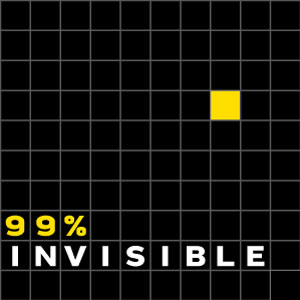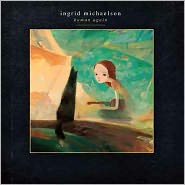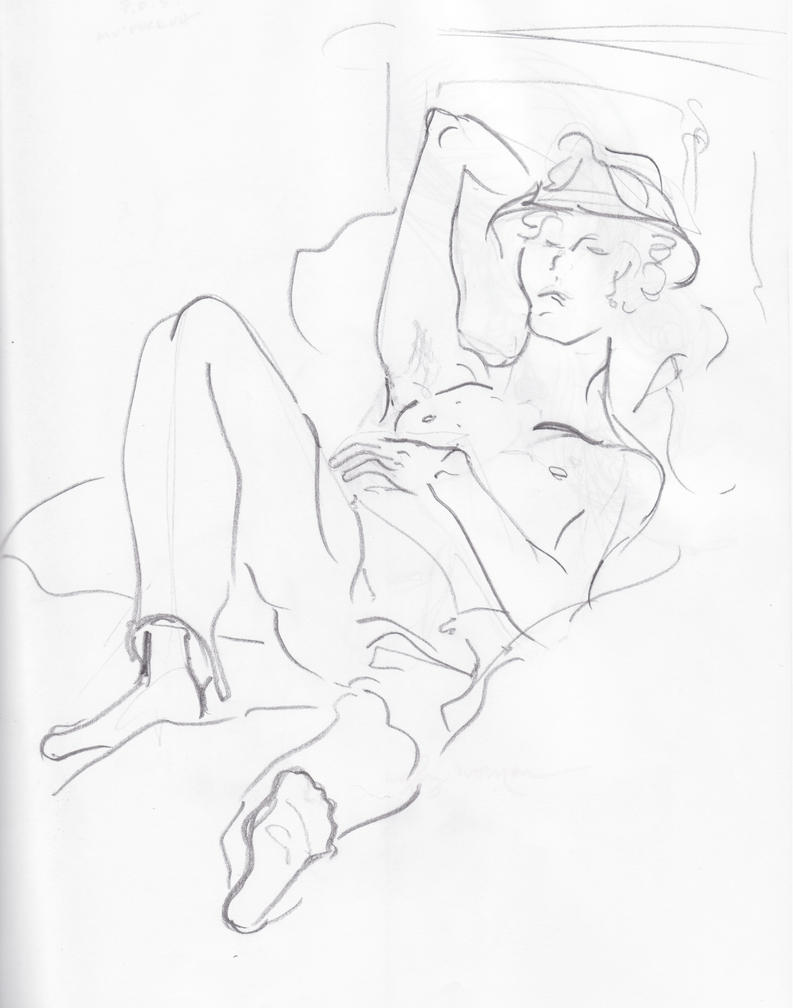The second song started with a melody Kay had written but didn’t have any words for. She sang it through a couple of times, and I pulled up some words I had written that seemed like they might fit. They were rough around the edges and needed a lot of shaving and reshaping, but the idea (blood) fit the mood of the melody quite well. Kay ended up changing my favorite line to mean pretty much the exact opposite of what it had meant, but I rolled with it. I wrote the second verse on the spot to fit the melody and rhythm we had established in the first verse.
Considering how musically particular both Kay and I can be, it was a great experience, an exercise in flexibility and letting things happen with the understanding that they’re still “drafts,”
like Joey’s talking about. Just get it out and stop worrying that it’s not all perfect. Heartbarf,
knowing it will change later.
A few days later, I had a great co-writing session with my hubz Natey.
Nate is a brilliant musician, but where I lean heavily on pop influences and general simplicity in songwriting, Nate intentionally makes music that is challenging for himself and the listener. I’m pretty sure he’s a genius. We’ve tried writing songs together before, but our approaches are really different; I think in skeletons and the “sound” of the whole song, and I think that Nate writes in a straight line, like he’s telling a story.
But this time, it was different. We started with another song-poem frame I had written and a chord and fancy-sounding picking frill Nate liked. I made up the melody for the first line, Nate did the second, and we pulled that trick a couple more times to mix things up. We didn’t finish the song, but we got through two verses and a kickass chorus, so I’m proud of it. Again, it was all about flexibility -- which Nate has told me all along I needed to work on when it comes to collaborating. The difference was that this time I didn’t have a
thing that was already a
thing that I was trying to make someone else make sound like what I heard in my head.
 |
| I learned how to write songs from Ghostwriter. |
I’ve found it can be really valuable to separate myself from the words I’ve written with time. When they’re down and out of my head and in front of me, I don’t feel so bad about cutting them up and rearranging them. They feel more like
craft supplies then: I’m
supposed to cut the edges off to make it look pretty, even if I waste a little bit of the material. (Usually I keep any remnants I like that didn’t get used. I’ll make a quilt-song one day, I guess.)
Finally, last week, I wrote two songs on guitar, the first two songs I’ve played on guitar in months. It felt
so good. I had been staying away from guitar because I felt constricted by the chord progressions (I can play “rhythm guitar” well-ish, but I don’t have much theory) -- but it wasn’t like that this time because I already had words that I was building the song around instead of filling in a chord progression with a song.
All of this is to say two things: I am awesome at songwriting and sometimes I really believe that, but I get intense feelings of insecurity and absolute disappointment in myself that all culminates with this idea:
Why do I even bother?
This was most apparent the day after Kay and I wrote together. Kay is completely amazing. Her voice is pristine and shiny and tinkles like a bell even on the iPhone demos of our half-written songs. Listening to them, I felt first a rush of pride that my words were coming out of someone else’s mouth, and so beautifully, but that was quickly replaced with a despondency that stayed with me for a couple of days: Even if I hired a voice teacher and worked my ass off, my voice does not and will not
ever sound remotely close to how good Kay’s voice does. The same feeling struck me listening to the demos of Nate’s and my songs: I’ll
never play guitar like that.
Yes, a lot of these feelings are related to the cycle of my hormones and my general fight against being pessimistic. To be honest, I have to inflate my ego pretty near to bursting to be able to continue writing and singing -- and those closest to me have either been told this explicitly and comply, have a deep well of patience for my narcissism, or are really in tune with my emotional and creative needs. They agree when I say I think I’m a genius (or at least resist dissenting), they smile when I’m clearly on a making-high, and they help me by accompanying, writing, playing, singing, recording, cheering, and sharing. Thank you to those people that help keep me afloat.
What I’m practicing now is
acceptance of myself. I wish I were the kind of person who is driven by their deficits, but I’m not. I get bogged down by too much criticism, or the wrong kind of criticism, or even the right kinds of criticism when I’m not emotionally and mentally prepared for it. If I focus on what I’m not good at, I’m not
focusing on my strengths. I’m a pretty okay singer, I’m an okayish guitar player, and that
might change if I work really hard, but I think I might actually be getting
good at songwriting, so I should work harder at it.
I’m also practicing
joy for others when they are talented, reaping the benefits of hard work, or extremely motivated. There is not a finite amount of any of those things in the world, and I am a better person for being glad for others. Kay, Nate, and everyone else I’ve ever had a spiteful or jealous thought about: I love you, and I think you are amazing. Furthermore, you already know that about yourself, and I love you for that too.
So here’s me: writing frantically but still green, okay at guitar but lazy, piggybacking on my friends’ talents and hard work, easily discouraged by the awesomeness of others instead of inspired but trying to fight it. And the next thing I need to figure out:
Why do I bother?
Maybe I'll figure it out. Stay tuned to find out: "Follow" this blog, follow me on The Twitter, bug me on The Facebook, etc etc.



![[GIF Score]](http://back.numachi.com:8000/dtrad/scores/RUEPLATZ.gif)






.jpg/800px-Fender_Rhodes_(Inside).jpg)
















